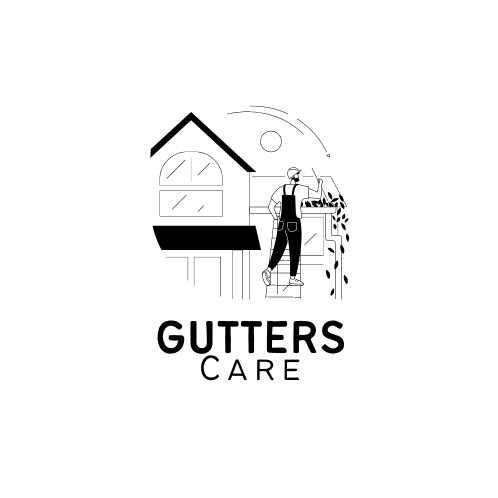Downspouts
Downspouts: Essential Components for Efficient Gutter Drainage
Downspouts are essential components of a properly functioning gutter system. They are vertical pipes that channel rainwater collected in your gutters away from your home’s foundation. Without downspouts, rainwater would simply overflow the gutters and pool around your foundation, potentially causing leaks, cracks, and other water damage issues.
Benefits of Properly Installed Downspouts:
- Prevents Foundation Damage: Downspouts direct rainwater away from your foundation, protecting it from erosion, cracks, and leaks.
- Protects Your Basement: By diverting water away from your foundation, downspouts help to prevent basement flooding.
- Reduces Landscape Erosion: Downspouts can help to control the flow of rainwater, preventing erosion of your landscaping.
- Improves Drainage Around Your Home: A properly functioning drainage system, including gutters and downspouts, helps to prevent water from pooling around your home, which can create mosquito breeding grounds and attract pests.
Types of Downspouts
Downspouts come in a variety of materials, shapes, and sizes. Some of the most common types of downspouts include:
- Round Downspouts: These are the most traditional type of downspout and are typically made of galvanized steel or aluminum.
- Rectangular Downspouts: These downspouts are becoming increasingly popular because they are less noticeable than round downspouts. They are available in a variety of colors to match your home’s exterior.
- Flex Downspouts: These downspouts are made of a flexible material that can be easily bent around corners. They are a good option for homes with uneven walls or complex rooflines.
Choosing the Right Downspouts for Your Home
The size and material of your downspouts will depend on the size of your roof and the amount of rainfall in your area. Here are some factors to consider when choosing downspouts:
- Roof Size: The larger your roof, the more water your gutters will collect, and the larger your downspouts will need to be.
- Rainfall Amount: If you live in an area with heavy rainfall, you will need larger downspouts than if you live in an area with little rainfall.
- Material: Galvanized steel and aluminum are the most common materials for downspouts. They are both durable and affordable. Copper downspouts are also available, but they are more expensive.
Installing Downspouts
Downspouts can be installed DIY, but it is important to ensure they are properly installed to function effectively. If you are not comfortable installing downspouts yourself, it is best to hire a professional contractor.
Maintaining Your Downspouts
It is important to clean your downspouts regularly to prevent them from clogging with leaves, debris, and other materials. Clogged downspouts can overflow and cause water damage to your foundation. You should clean your downspouts at least once a year, and more often if you live in an area with a lot of trees.

